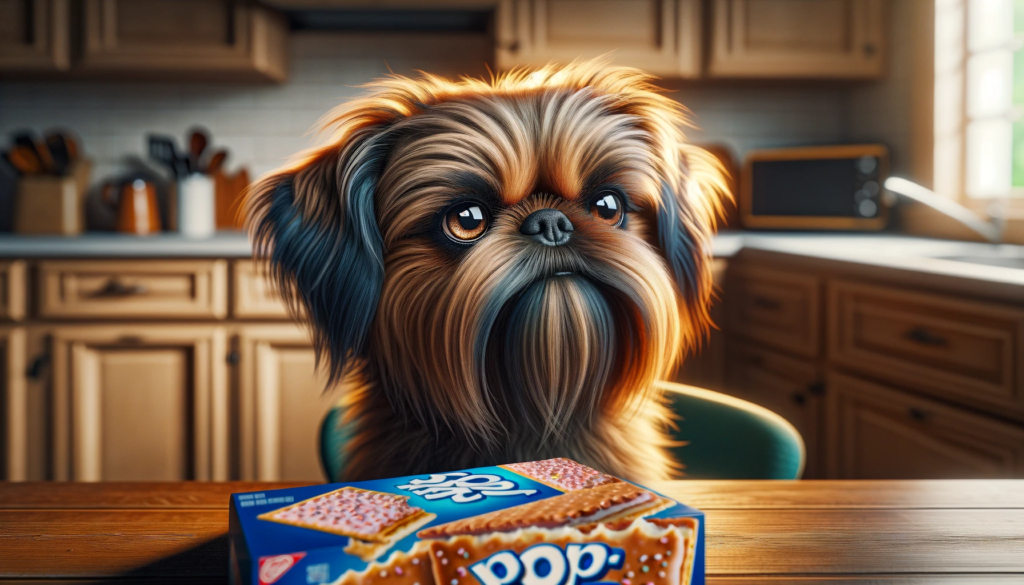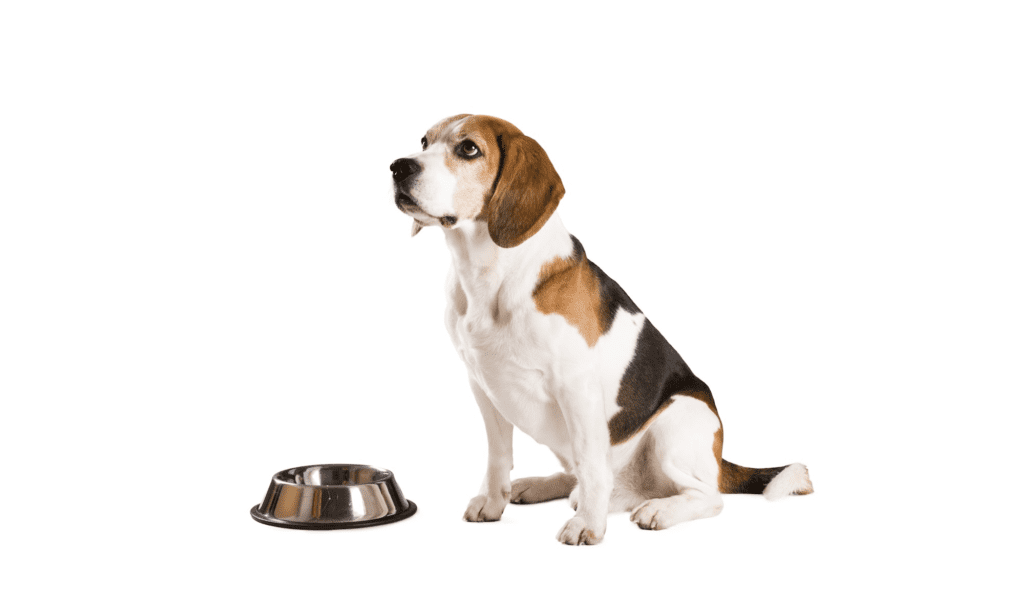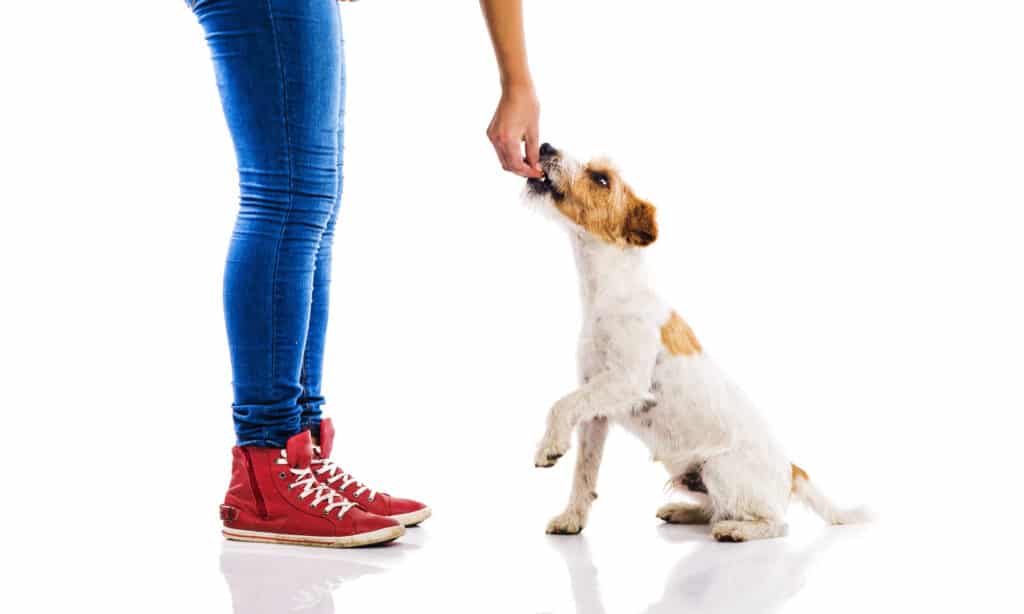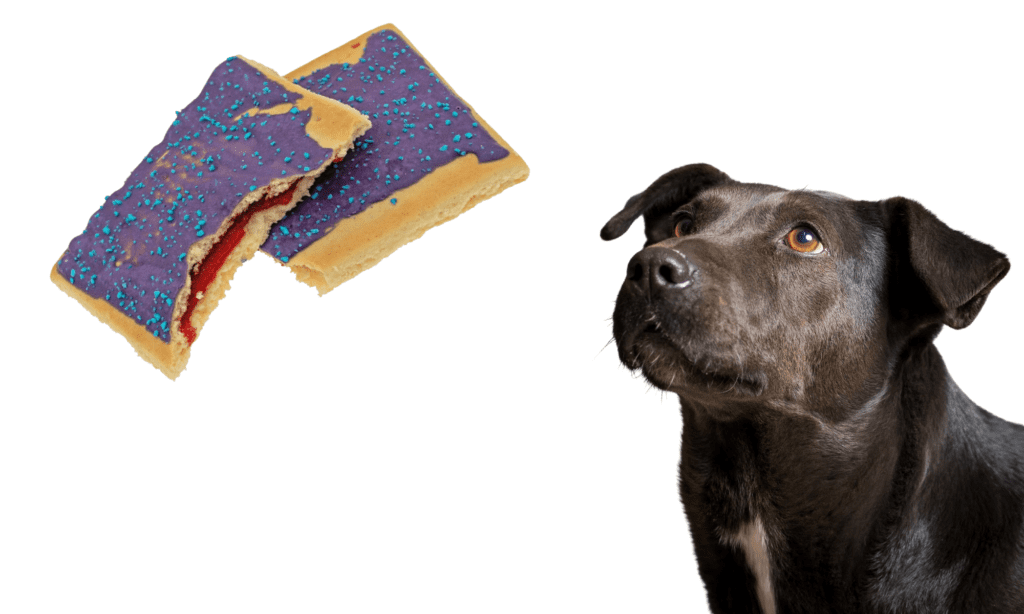As a loving pet parent, it’s natural to want to share your favorite snacks with your furry friend. However, it’s important to know which human foods are safe for them to consume. One common question among dog owners is whether their canine friend can enjoy a tasty Pop-Tart now and then. The short answer is no, dogs should not eat PopTarts. In this blog post, we’ll delve into the world of Pop-Tarts, exploring their ingredients, nutritional content, and potential health hazards for dogs. By the end, you’ll have a better understanding of whether these sugary treats are a safe option for your four-legged friend or if it’s best to stick with dog-approved snacks. So, let’s unravel the mystery of Pop-Tarts and their suitability for our beloved canine pals.

Nutritional Content of Pop-Tarts
Pop-Tarts, a popular breakfast pastry, are filled with fruit or other sweet fillings and often topped with icing. While they may be a quick and easy treat for humans, it’s important to consider their nutritional content when determining if they’re appropriate for dogs.
- Calories, Sugar, and Fat Content: Pop-Tarts are high in calories, sugar, and fat. One pastry typically contains around 200 calories, 14-17 grams of sugar, and 5-7 grams of fat, depending on the flavor. These levels are far from ideal for dogs, as their daily caloric and nutritional requirements are quite different from humans. Consuming excessive calories, sugar, and fat can lead to weight gain, obesity, and other health issues in dogs, such as diabetes and heart disease.
- Artificial Colors, Flavors, and Preservatives: In addition to their high calorie, sugar, and fat content, Pop-Tarts also contain artificial colors, flavors, and preservatives. These ingredients are added to enhance the appearance, taste, and shelf-life of the product. However, they don’t offer any nutritional benefits for dogs and may even cause adverse reactions in some cases.
The nutritional content of Pop-Tarts is far from ideal for dogs. Their high calorie, sugar, and fat content, along with the presence of artificial ingredients, make them an unhealthy choice for your canine companion. In the following sections, we’ll discuss the potential hazards associated with feeding PopTarts to dogs, and explore safer alternatives for treating your pet.

Sugar and its Impact on Dogs
As mentioned earlier, Pop-Tarts contain a significant amount of sugar. High sugar intake can lead to a variety of health issues in dogs, such as obesity, diabetes, and dental problems. Regularly feeding your dog sugary treats like Pop-Tarts can also result in an imbalanced diet and nutrient deficiencies, affecting their overall health and well-being.
Xylitol: A Dangerous Ingredient for Dogs
Some Pop-Tarts may contain xylitol, an artificial sweetener that is extremely toxic to dogs. Xylitol can cause a rapid release of insulin in dogs, leading to hypoglycemia (low blood sugar), seizures, liver failure, or even death. Always check the ingredients list of any human food you’re considering sharing with your dog, and avoid products containing xylitol at all costs.
Artificial Ingredients and Potential Allergic Reactions
Pop-Tarts contain artificial colors, flavors, and preservatives, which can cause allergic reactions or sensitivities in some dogs. Symptoms may include itching, skin irritation, gastrointestinal issues, or breathing issues. If your dog shows any of these signs after consuming a Pop-Tart, consult your veterinarian immediately.
Choking Hazards and Dental Issues
The texture of Pop-Tarts can also pose a risk to dogs, especially if they’re not broken into smaller, more manageable pieces. Choking is a concern, particularly for smaller breeds or dogs that tend to gulp their food. Additionally, the sticky, sugary filling can adhere to your dog’s teeth, leading to plaque buildup and dental problems.
There are several potential hazards associated with feeding Pop-Tarts to dogs. The high sugar content, possible presence of xylitol, artificial ingredients, and physical risks make these pastries a poor choice for your canine baby. In the next sections, we’ll discuss the importance of moderation and explore healthy alternatives for treating your dog.

The Role of Moderation in a Dog’s Diet
While an every once in a while small treat may not cause immediate harm to your dog, it’s essential to remember that their nutritional needs are different from humans. Providing a balanced, species-appropriate diet is crucial for maintaining their overall health and well-being. Consistently feeding your dog unhealthy treats, even in small amounts, can still lead to long-term health issues. Instead, it’s better to opt for dog-friendly treats that cater to their specific nutritional requirements.
Alternative Dog-Friendly Treats
There are many healthy alternatives to Pop-Tarts that you can offer your dog as a treat. Some dog-friendly options include:
- Fruits and vegetables: Many dogs enjoy fresh fruits and vegetables, such as apples, bananas, carrots, or green beans. These snacks provide essential vitamins, minerals, and fiber without the added sugar and artificial ingredients found in Pop-Tarts.
- Dog biscuits and chews: A variety of dog-specific treats are available on the market, catering to your dog’s size, age, and dietary needs. Look for high-quality, natural options without added sugars, artificial colors, or preservatives.
- Homemade treats: Preparing homemade dog treats allows you to control the ingredients and ensure they’re healthy and safe for your pet. There are countless recipes available online, from simple peanut butter cookies to more elaborate creations.
While a tiny piece of Pop-Tart might not pose an immediate threat to your dog’s health, it’s best to avoid them and opt for healthier, dog-friendly alternatives instead. These options will help you provide your pet with the essential nutrients they need while still offering a tasty reward.
Dog-Friendly “Pup-Tarts” Recipe
Ingredients:
- 2 cups whole wheat flour
- 1/2 cup rolled oats
- 1/4 cup unsweetened applesauce
- 1/4 cup water
- 1 large egg
Filling:
- 1/2 cup pure pumpkin puree (make sure it’s not pumpkin pie filling)
- 1/4 cup natural, unsweetened peanut butter
For the topping (optional):
- 1/4 cup plain Greek yogurt
Instructions:
- Preheat your oven to 350°F (180°C) and line a baking sheet with parchment paper.
- In a large bowl, combine the whole wheat flour and rolled oats. Add the applesauce, water, and egg to the dry ingredients. Mix until a dough forms. You may need to adjust the amount of water to achieve the desired dough consistency.
- On a floured surface, roll out the dough to approximately 1/4-inch thickness. Using a rectangular cookie cutter or a knife, cut out rectangles from the dough. You’ll need an even number of rectangles to make the “Pup-Tarts.”
- In a separate bowl, mix the pumpkin puree and peanut butter to create the filling.
- Place half of the dough rectangles on the prepared baking sheet. Spoon a small amount of the pumpkin-peanut butter filling onto the center of each rectangle, leaving space around the edges.
- Cover each filled rectangle with another dough rectangle, gently pressing the edges together to seal. You can use a fork to create a crimped edge if desired.
- Bake the “Pup-Tarts” for 20-25 minutes, or until they’re golden brown. Allow them to cool completely on a wire rack.
- If desired, you can spread a thin layer of plain Greek yogurt on top of each cooled “Pup-Tart” as a dog-friendly “frosting.” Be sure to store these treats in the refrigerator if you choose to add the yogurt topping.

When to Seek Veterinary Help
If your dog has accidentally consumed a PopTart or you suspect they may be experiencing adverse effects, it’s essential to know when to seek veterinary help. Here are some signs and symptoms to watch for:
Symptoms of Xylitol Poisoning in Dogs
If the Pop-Tart consumed by your dog contains xylitol, be vigilant for symptoms of xylitol poisoning. Signs may appear within 30 minutes to an hour and can include:
- Vomiting
- Weakness or lethargy
- Loss of coordination or trouble walking
- Tremors or seizures
- Rapid or labored breathing
If you notice any of these symptoms or suspect xylitol poisoning, contact your veterinarian or an emergency veterinary clinic immediately, as this is a life-threatening situation.
Identifying an Allergic Reaction
Dogs can have allergic reactions to the artificial ingredients in Pop-Tarts. Symptoms of an allergic reaction may include:
- Itching or scratching
- Red, inflamed skin or hives
- Swelling of the face, ears, or lips
- Gastrointestinal issues, such as diarrhea or vomiting
- Difficulty breathing or wheezing
If your dog shows signs of an allergic reaction, consult your veterinarian as soon as possible.
What to Do in Case of an Emergency
In any emergency situation involving your dog, remain calm and act quickly. Contact your veterinarian or the nearest emergency veterinary clinic for guidance. Be prepared to provide information about your dog’s age, weight, breed, medical history, and the details of the incident, including the ingredients and the amount of PopTart consumed.
Knowing when to seek veterinary help is crucial for ensuring the health and safety of your dog. If you suspect that your dog is experiencing any adverse effects after consuming a Pop-Tart, don’t hesitate to contact your veterinarian for assistance.

Conclusion
As responsible pet parents, it’s essential to be careful about the foods we share with our canine companions. While Pop-Tarts may be a tempting treat to share with your dog, it’s clear that they are not a safe or healthy option. The high sugar content, presence of artificial ingredients, potential for xylitol poisoning, and physical risks make PopTarts an unsuitable choice for your furry friend.
Instead, focus on providing your dog with a balanced diet and choose dog-friendly treats that cater to their specific nutritional needs. If you’re ever unsure about a particular food, consult with your veterinarian for personalized advice tailored to your pet’s health and dietary requirements.
In the end, your dog’s health and well-being should be your top priority. By being mindful of the foods they consume and seeking expert guidance, you can ensure a long, happy, and healthy life for your beloved canine pal.
~Sheena
